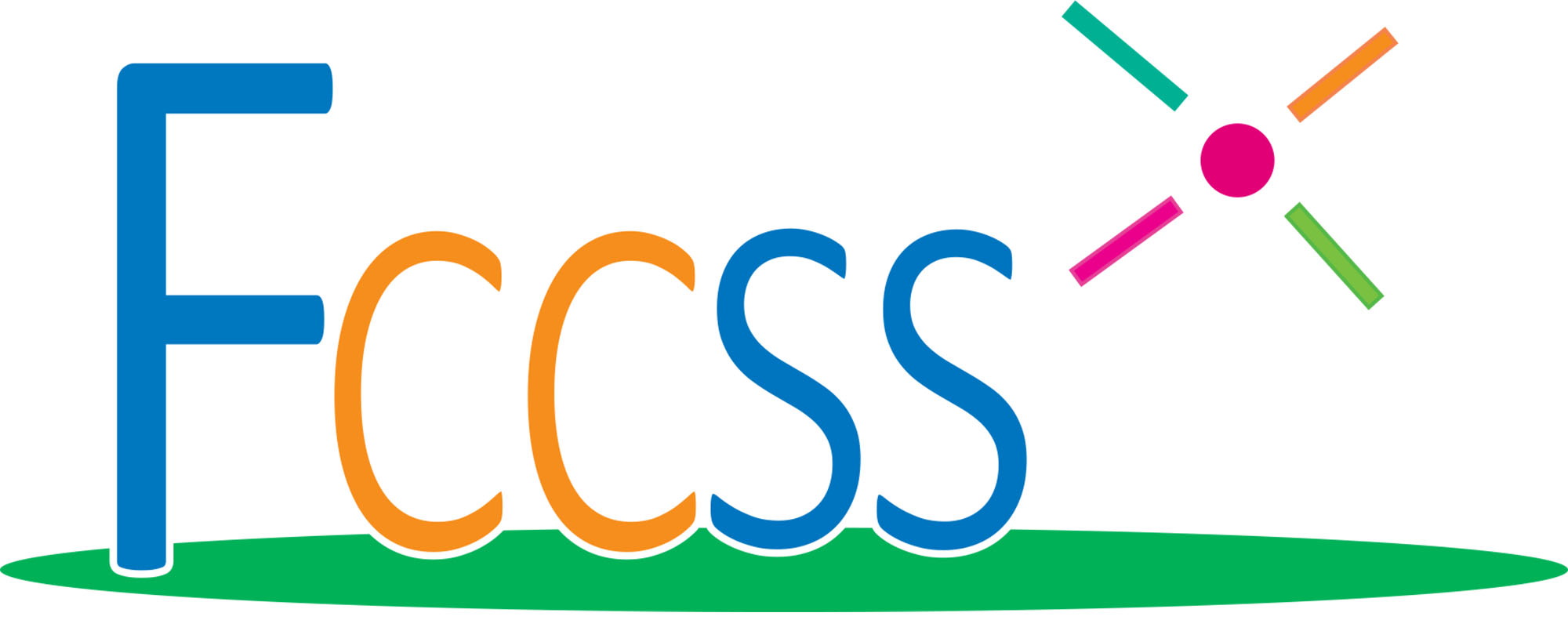The FCCSS study coordinators participate in three European-funded projects:
• Pancare Surf-Up: European Study on the late effects of treatment of paediatric cancers
• ProCardio: European study on cardiac late effects after a paediatric cancer
• Cerebrad: European study on cognitive and cerebrovascular sequelae after a paediatric cancer
PanCareSurFup – PanCare Childhood and Adolescent Cancer Survivor Care and Follow-Up Studies
PanCare is a consortium of 16 European institutions in 11 countries, funded by the 7th Framework Programme of the EC, to carry out research studies into late effects of treatment for cancer, to establish guidelines for follow-up, and to disseminate the results and provide training and workshops for stakeholders. The intended benefit is to provide every European childhood cancer survivor with better access to care and better long-term health. The project commenced in February 2011, and will run for five years, until January 2016. The project received an extension and will run an additional year, ending in January 2017.
European study on cardiac late effects after a paediatric cancer (ProCardio)
The project PROCARDIO deals with cardiovascular risk from exposure to low-dose and low-dose-rate ionizing radiation. The project investigates the link between cardiovascular disease and exposure of the heart and major vessels at low doses, in order to identify new biomarkers of radiation-induced cardiovascular disease.
European study on cognitive and cerebrovascular late effects after a paediatric cancer (Cerebrad)
CEREBRAD – Cognitive and Cerebrovascular Effects Induced by Low Dose Ionizing Radiation, is a collaborative European project funded in 2011 within the 7th EU framework programme, Nuclear Fission and Radiation Protection. CEREBRAD aims to identify the potential cognitive and cerebrovascular risks of radiation at doses below 100 mGy when delivered to young children (pre- or postnatal). Health risks will be assessed via epidemiological studies of cohorts of children exposed to radiotherapy treatment receiving low doses to the brain or exposed in utero during the Chernobyl disaster. Experimental data will be gathered using animal models exposed to radiation at different stages of brain development. Emphasis will be placed on the effects of internal and external exposure, as well as the combined effects of radiation and environmental pollutants. Brains of phenotypically relevant animals will be subjected to deep cellular and molecular analyses to decipher the biological mechanisms underlying the cognitive and cerebrovascular effects induced by low dose radiation.
